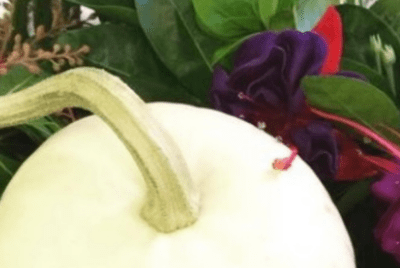RESEARCH
Community Gardening as a Way to Build Cross-Cultural Community Resilience in Intersectionally Diverse Gardeners: Community-Based Participatory Research and Campus-Community-Partnered Proposal
Summary
This research project aims to understand how community gardens can help people from diverse backgrounds who struggle with food insecurity in Rochester, Minnesota. The researchers are working with a local community garden called “The Village Community Garden & Learning Center” to study how gardening affects people’s access to food, their emotional health, and their ability to bounce back from challenges (resilience). They’re particularly interested in how community gardens foster a sense of belonging and cultural identity, which can improve well-being and resilience. The project involves surveying and interviewing gardeners, and even having them take photos to share their experiences.
The researchers are using a community-based approach, which means they’re working closely with gardeners and community leaders throughout the entire research process. They plan to collect data in 2021 through surveys and interviews, and they’ll also use a “photovoice” project where gardeners share their stories through pictures. Ultimately, the goal is to gather information that can help improve community gardening projects and create policies that address food insecurity and health issues in the local community. The research was impacted by COVID-19, causing the research team to explore pandemic-related difficulties and increase the number of participants.







